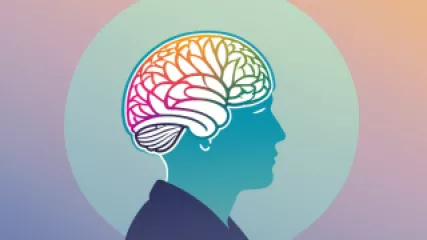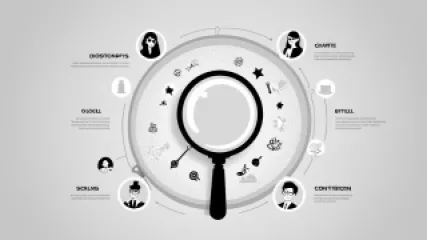Exploring the Landscape of Elderly Mental Care: A Research Summary
1 year ago
Elderly Mental Care
A Step-by-Step Guide to Incorporating Spiritual Practices for Improved Mental Health
1 year ago
Spirituality and Mental Health
A Step-by-Step Guide to Special Education Consultations
1 year ago
Special Education
Unlocking Personal Growth: A Research-Backed Approach
1 year ago
Personal Growth
10 Proven Strategies for Coping with the End of a Relationship
1 year ago
Coping with End of Relationship
The Ultimate Guide to Common Cognitive Distortion Types
1 year ago
Cognitive Distortion Types
The Case for Prioritizing Cognitive Development in Education
1 year ago
Cognitive Development
6 Practical Coping Strategies for Mental Health Recovery
1 year ago
Recovery Journey
10 Habits to Build Healthy Relationships
1 year ago
Building Healthy Relationships
How to Cope with Holiday Stress: 5 Effective Strategies
1 year ago
Holiday Stress
What Are the Best Educational Psychology Therapy Options?
1 year ago
Educational Psychology
My Journey to Cultivate Mental Health Literacy
1 year ago
Mental Health Literacy
10 Best Phobia Healing Sessions for Overcoming Fears
1 year ago
Phobias
Mastering Coping Mechanisms for Chronic Illness: A Step-by-Step Guide
1 year ago
Coping with Chronic Illness
How Does Volunteering Impact Your Mood and Self-Esteem?
1 year ago
Impact of Volunteering on Mood














